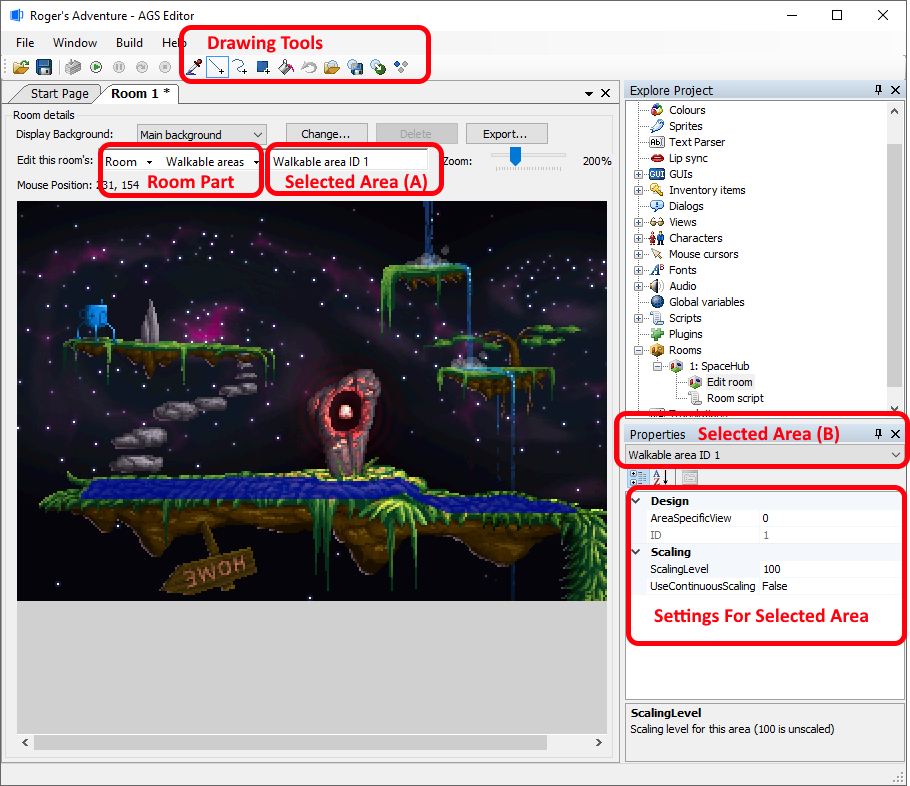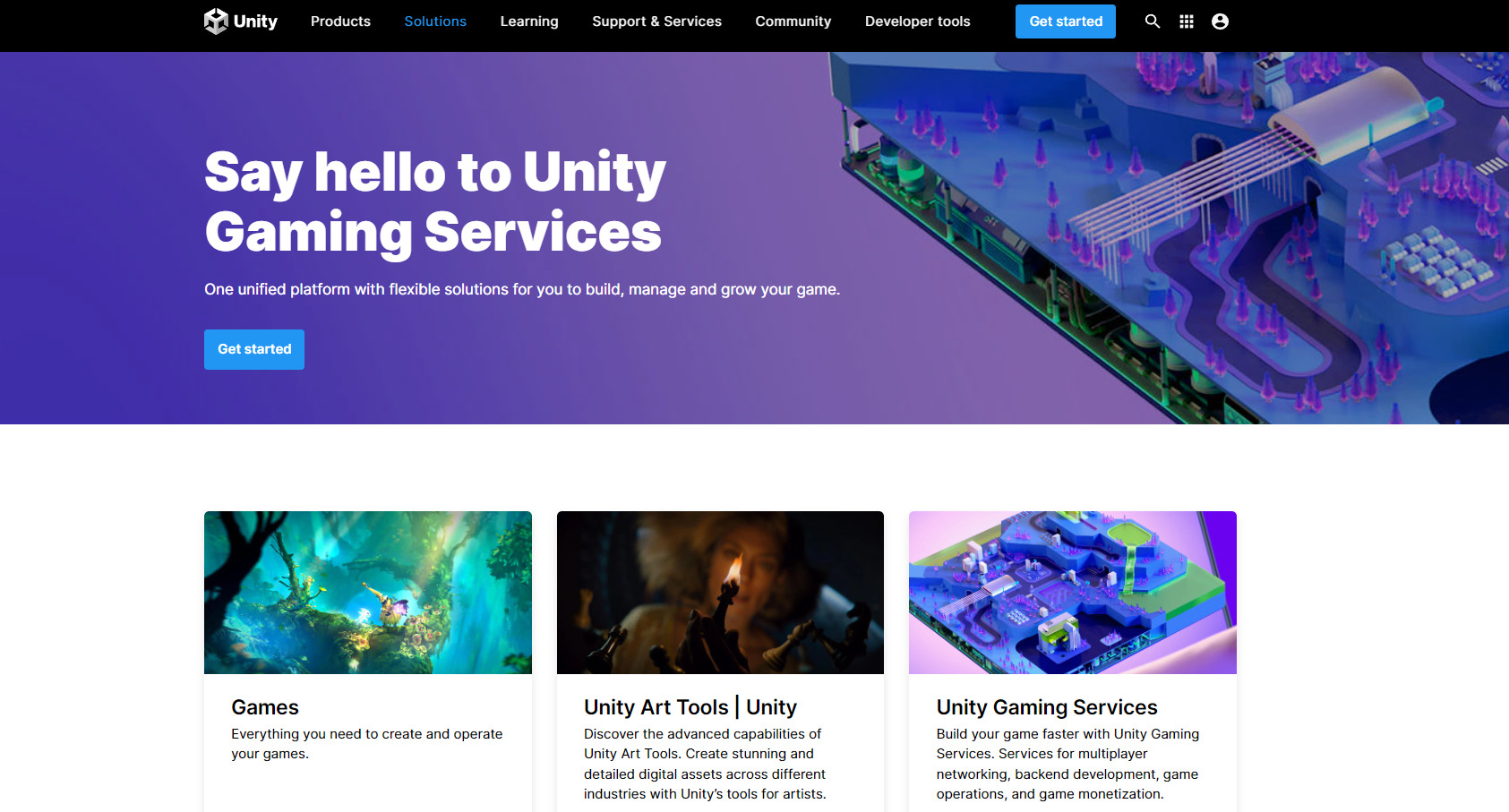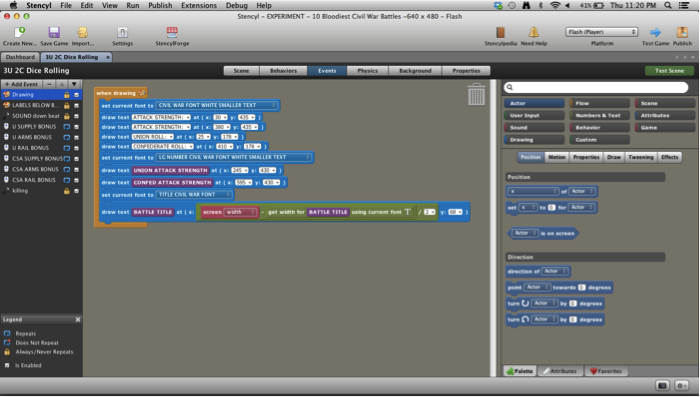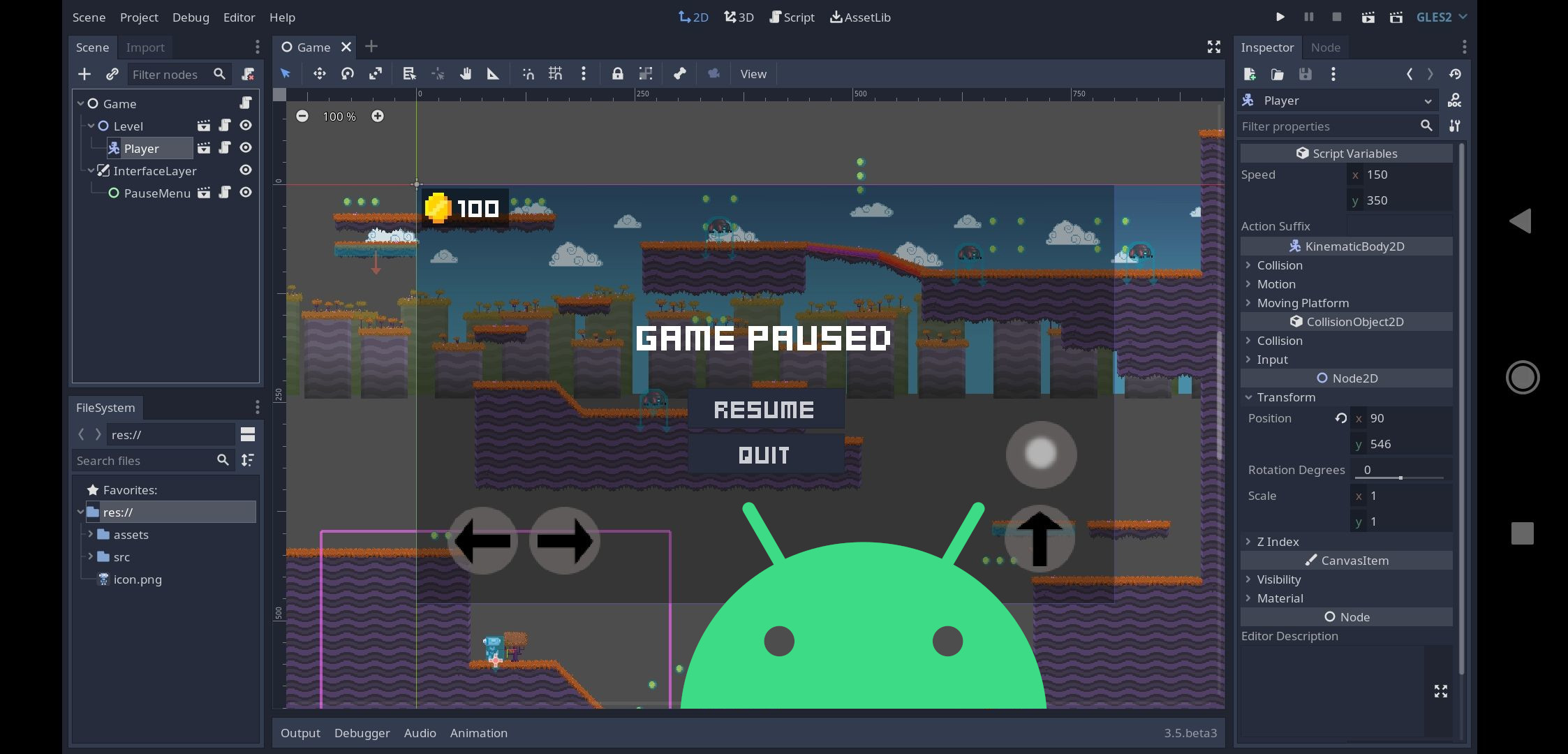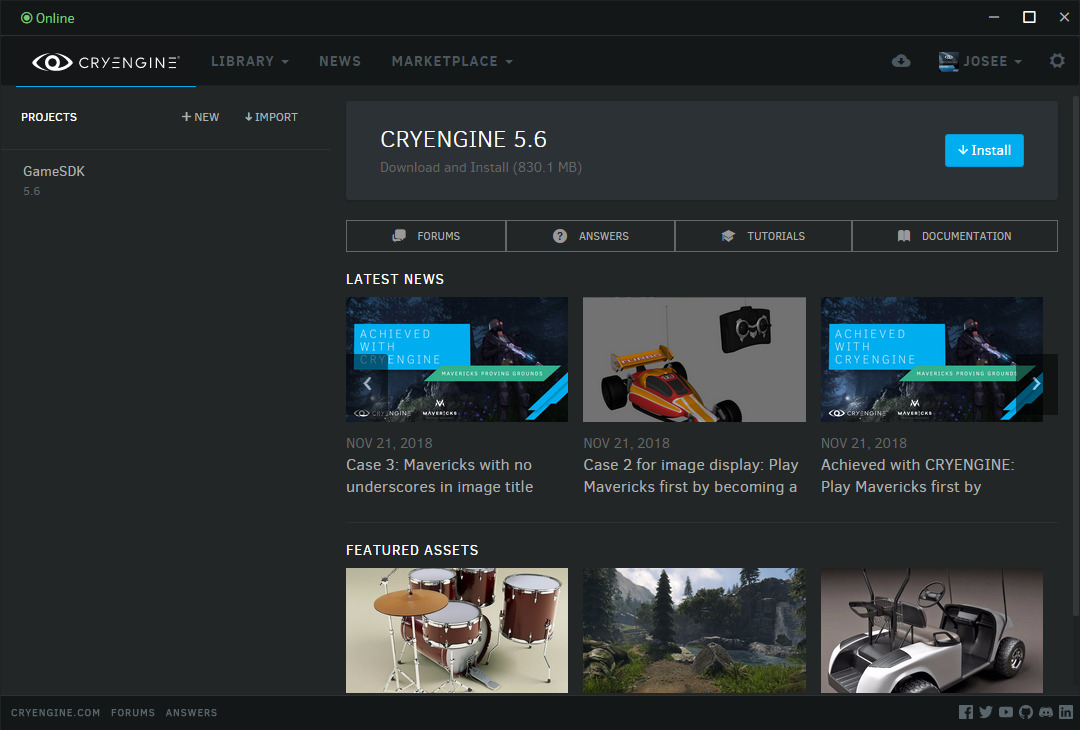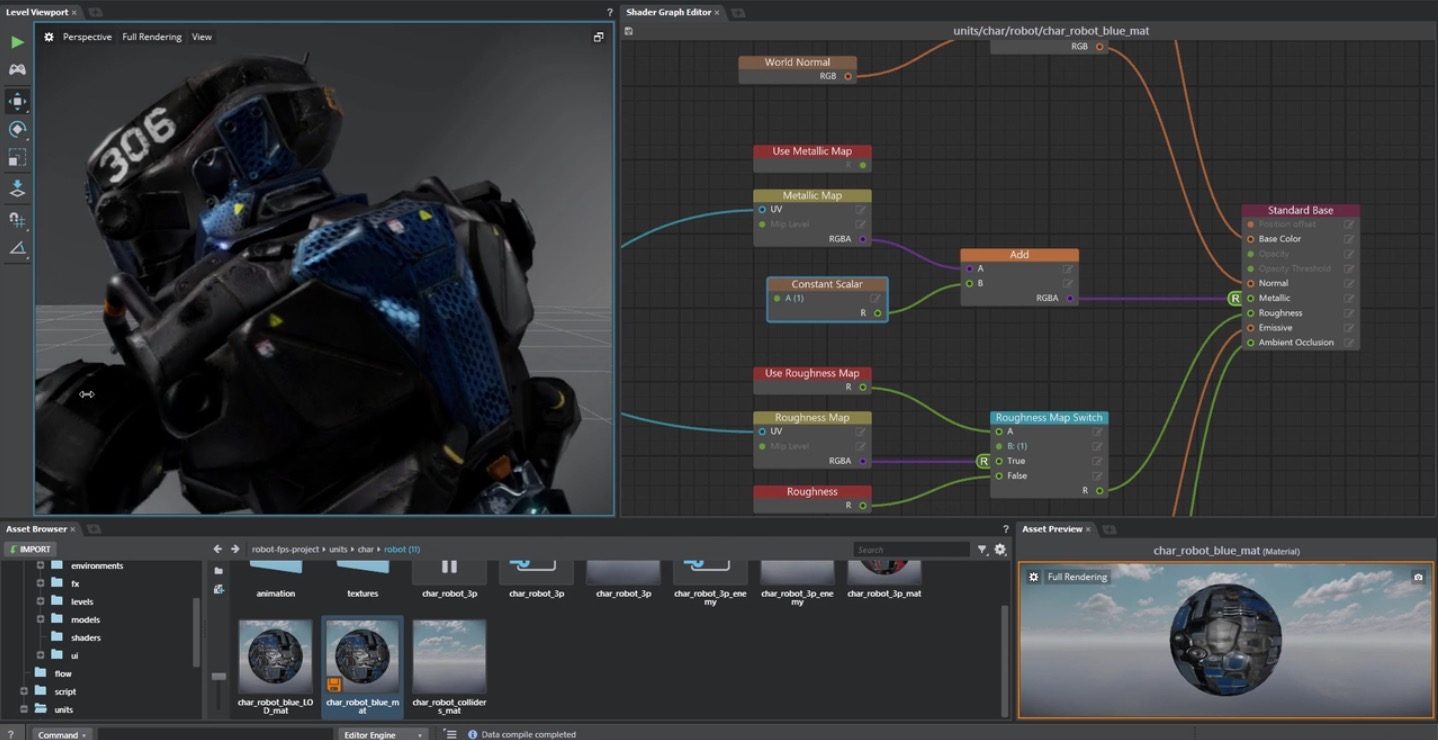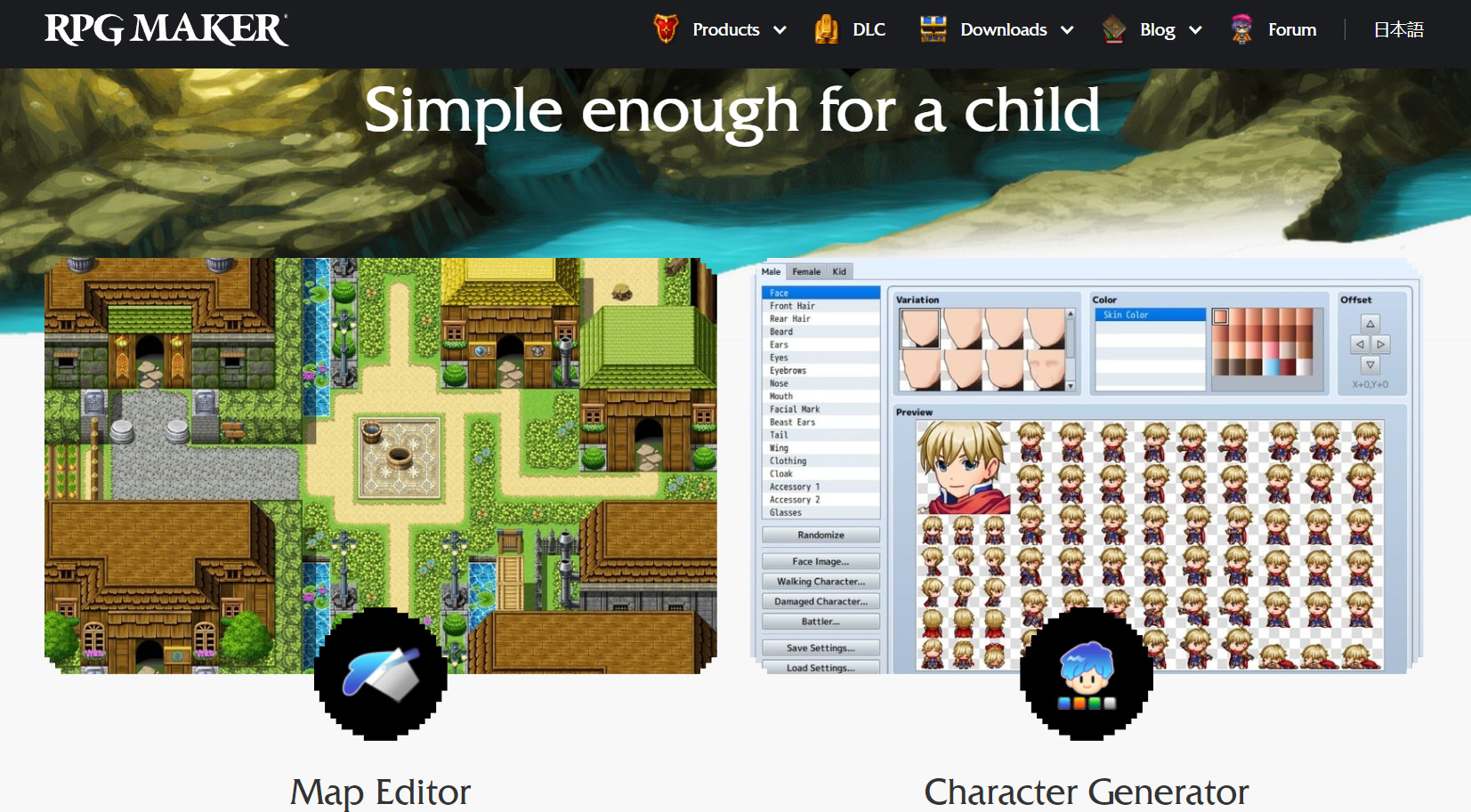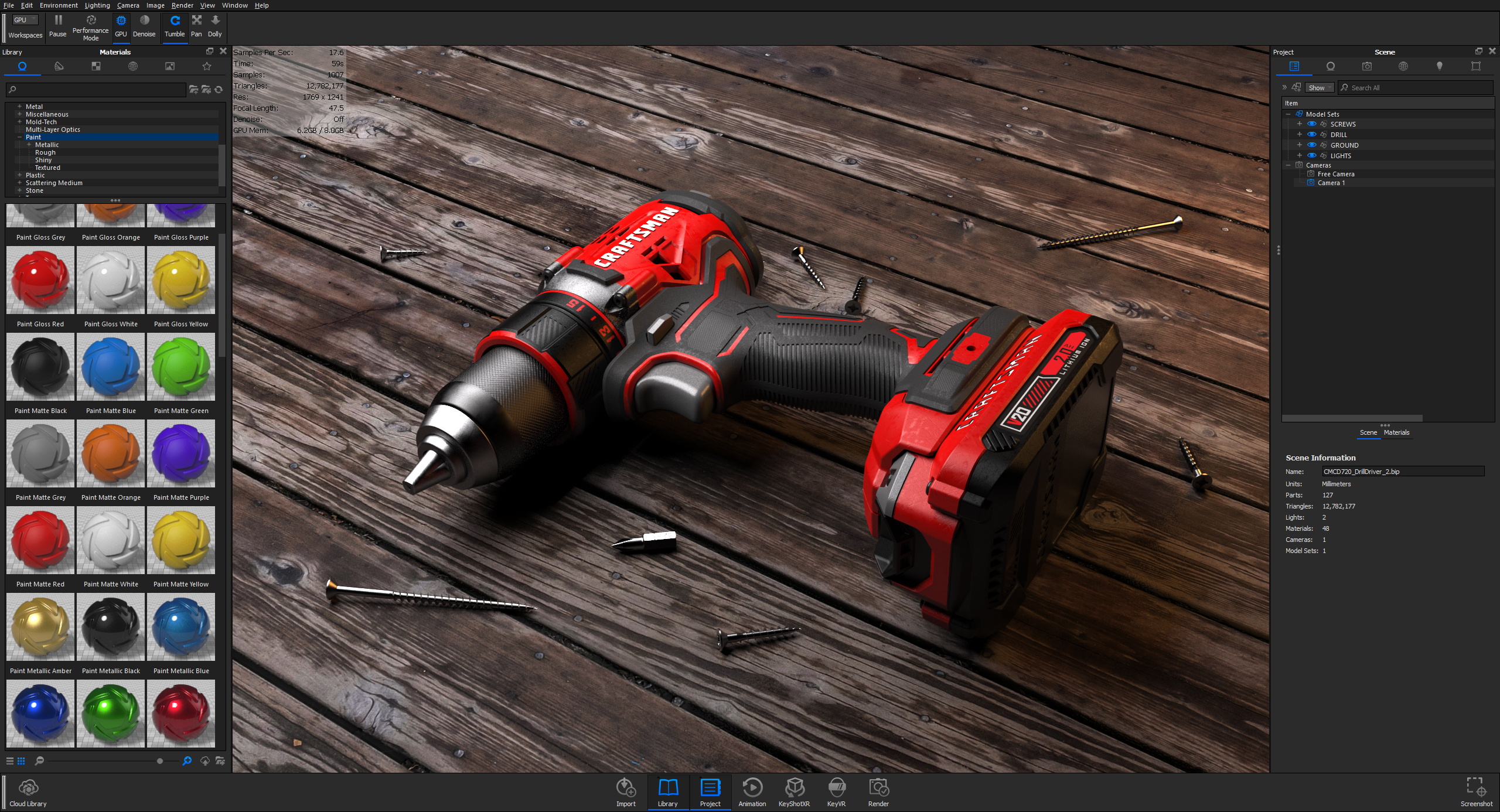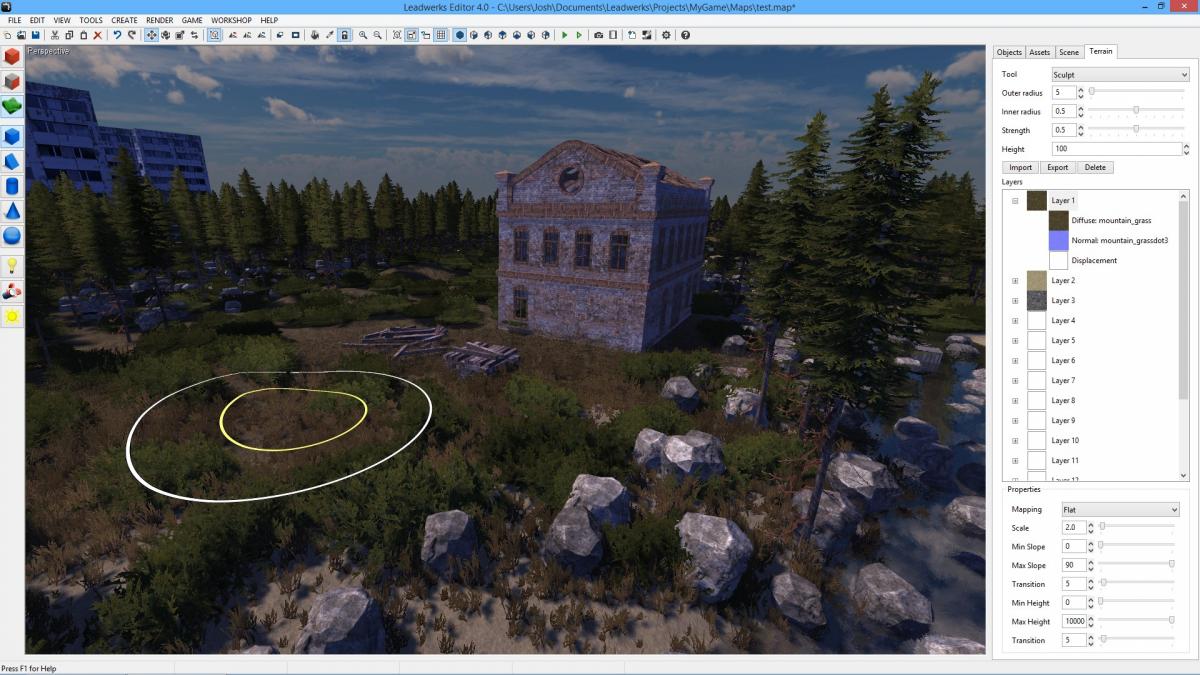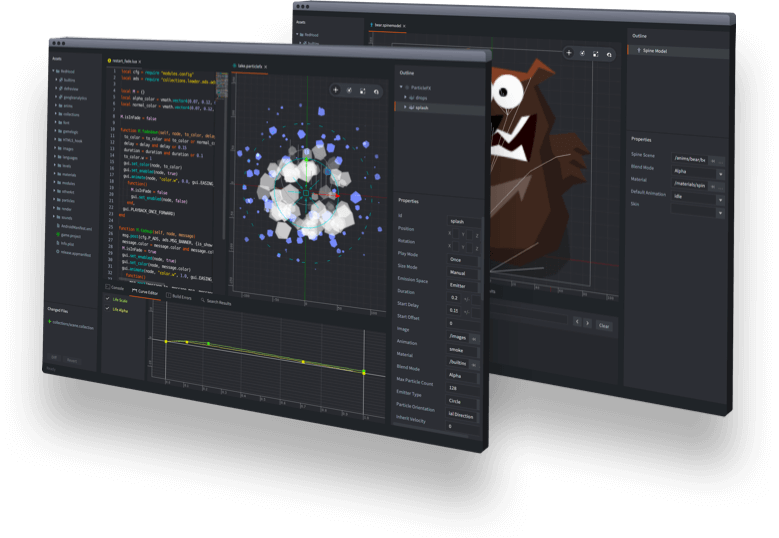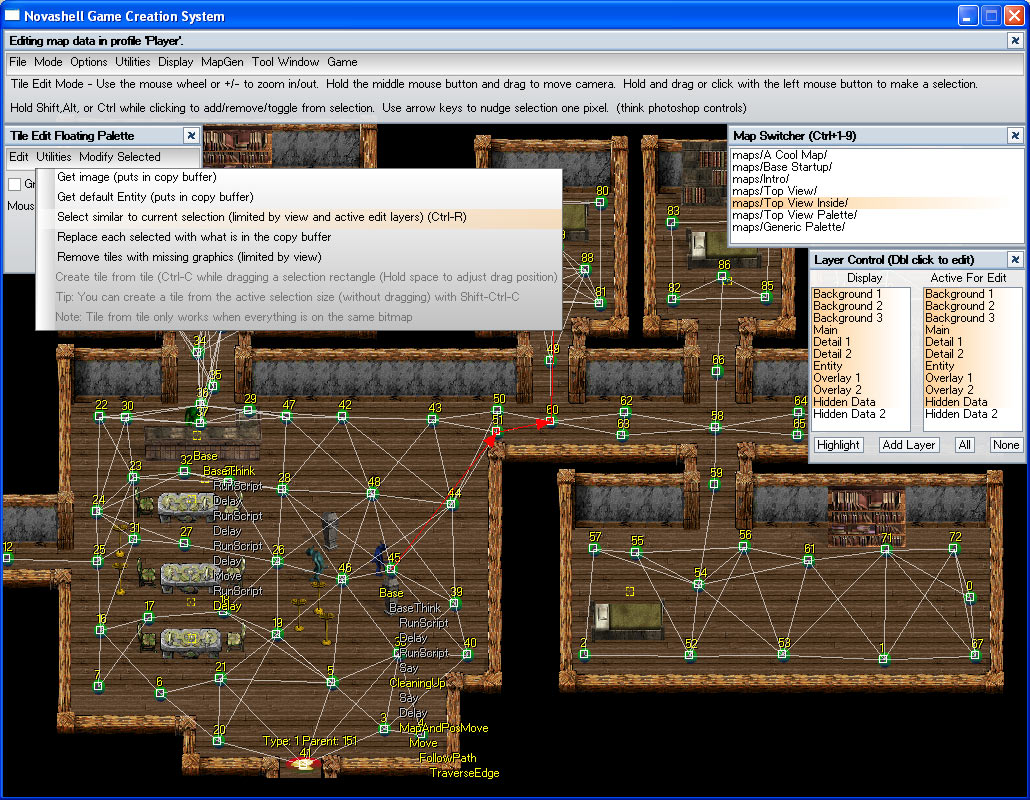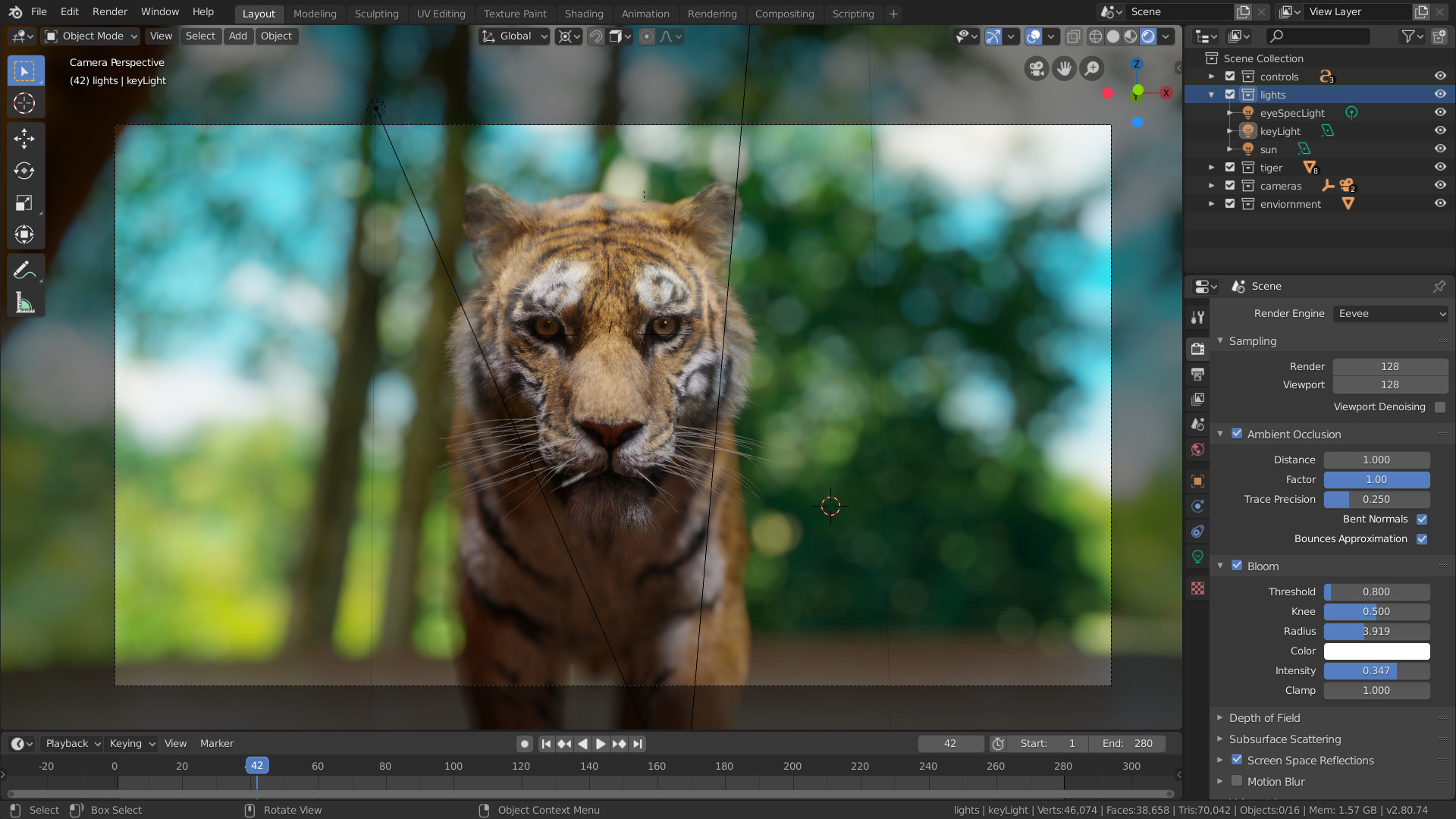Epic Games created the Unreal Engine game engine in 1998. It is a complete set of creating tools built to match ambitious artistic visions while being adaptable enough to ensure success for teams of any size.
IT experts may use Unreal Engine to build asset management pipelines, customize the user interface to meet specific business needs, automate data preparation operations, and manage material on a single platform. Additionally, it enables users to save filter settings for later usage on other scenes and projects and configure filters for handling data preparation tasks. Administrators may create a level of details (LODs), set up Lightmap UVs, and remove or combine items depending on several criteria including name, metadata tags, class, and size using Unreal Engine. Data conversion, forward rendering, virtual texturing, and analytics are further functionalities.
There are a bunch of decent tools out there that offer the same array of services as Unreal Engine. And it can sure get confusing to choose the best from the lot. Luckily, we've got you covered with our curated lists of alternative tools to suit your unique work needs, complete with features and pricing.


